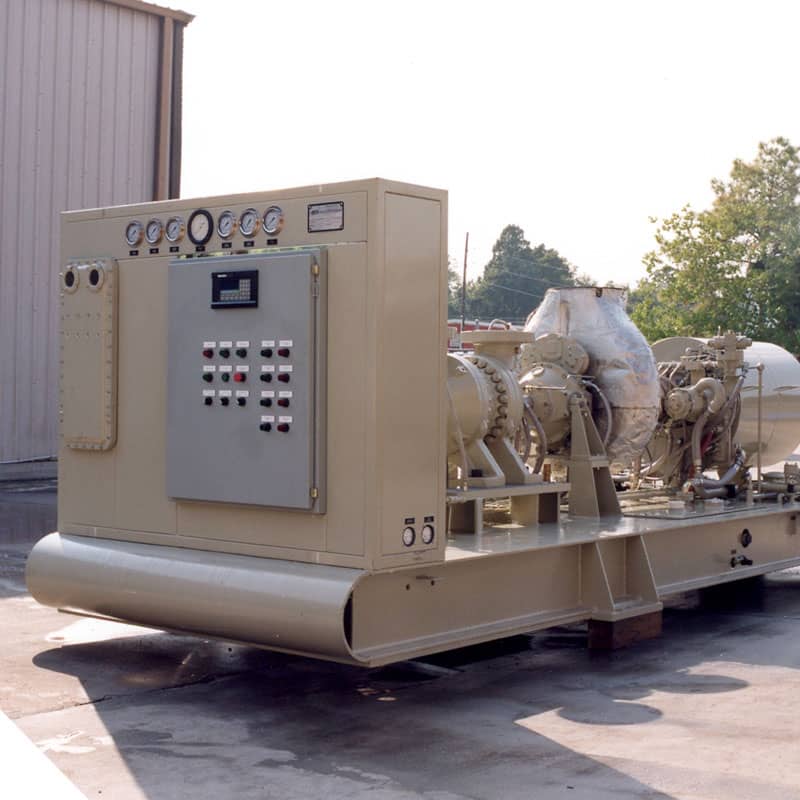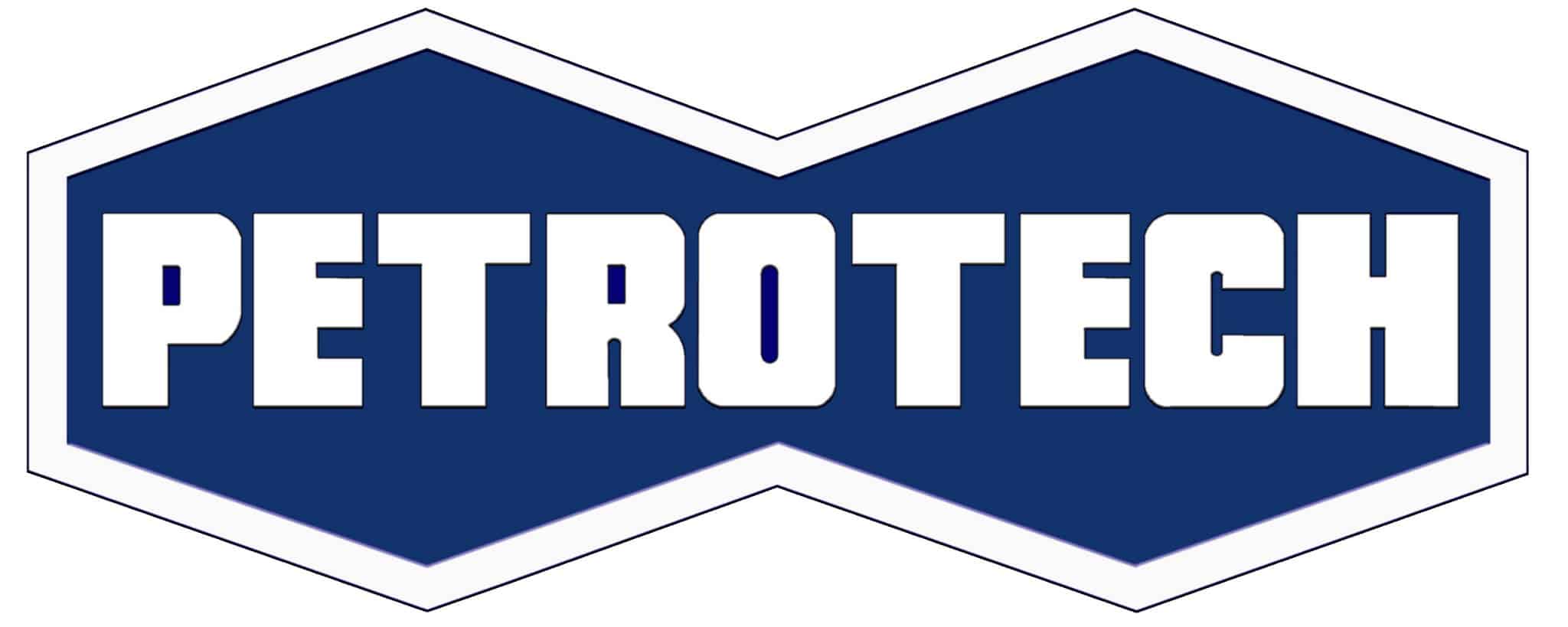
Anti-surge Controllers in Compressor Control Systems
Centrifugal compressors play a critical role in industrial applications, but they are highly susceptible to surge conditions—a potentially damaging event caused by insufficient flow. Anti-surge controllers help prevent this by maintaining a minimum flow rate to keep compressors stable under varying operating conditions. By using real-time measurements of suction and discharge pressure, temperature, and flow rates, an anti-surge controller calculates the surge limit and makes automatic adjustments to prevent compressor instability. This ensures continuous operation, protects critical components, and extends equipment lifespan. This article explores how anti-surge controllers function in compressor control systems, their setpoint logic, and how they differ from general process flow controllers.
How Anti-surge Controllers Maintain Compressor Control Stability
An anti-surge controller continuously monitors key operating parameters to detect when compressor flow is approaching surge conditions. It relies on sensors placed at suction and discharge points to track:
- Suction and discharge pressure
- Discharge temperature
- Suction or discharge flow rate
When these parameters indicate a drop in flow below safe levels, the controller initiates corrective action. The system opens the recycle control valve, redirecting a portion of the discharge flow back to the suction side. This increases flow through the compressor, preventing surge and maintaining stable operation.
By continuously adjusting flow conditions, the anti-surge controller ensures that compressors operate efficiently and reliably, even during sudden process fluctuations.
Anti-surge Controller Setpoint and Control Logic
To account for sensor inaccuracies and process variations, the anti-surge controller applies a control safety margin to the calculated surge limit. Typically, this margin is 10% above the surge flow, creating a minimum flow setpoint that prevents operation near dangerous limits.
The logic solver within the controller maintains this setpoint using a Proportional-Integral (PI) control loop. When flow levels approach the surge limit, the controller generates an output signal to the recycle control valve. This valve connects the compressor’s suction and discharge lines. If the flow drops too low, the valve opens to divert discharge gas back to the suction side, ensuring that the compressor operates above the minimum flow threshold.
This automated response allows compressors to handle changing process conditions while preventing damage caused by surge events.
Anti-surge Controller Vs. General Process Flow Controller in Compressor Control Systems
Unlike standard process flow controllers, which regulate flow based on fixed process parameters, an anti-surge controller adapts dynamically to changing gas conditions. The minimum flow setpoint is not static—it adjusts continuously as process variables like pressure, temperature, and molecular weight fluctuate.
Modern anti-surge controllers use advanced algorithms to calculate real-time flow adjustments, ensuring that compressor control remains stable even under unpredictable operating conditions. These gas-invariant control techniques allow the system to determine the optimal flow setpoint without being affected by variations in gas composition or process pressure.
By continuously recalculating the safe operating range, anti-surge controllers outperform general process flow controllers in protecting compressors and maintaining operational efficiency.
Enhancing Compressor Protection with Petrotech’s Advanced Control Solutions
Petrotech provides custom-engineered anti-surge control systems designed to maximize compressor efficiency and reliability. Our solutions:
- Prevent surge conditions by dynamically adjusting minimum flow setpoints.
- Improve compressor longevity by reducing mechanical stress and vibration risks.
- Ensure real-time monitoring for precise flow and pressure regulation.
- Seamlessly integrate with existing automation systems for cost-effective upgrades.
With decades of experience in compressor control, Petrotech offers flexible and cost-effective solutions that enhance system protection, performance, and safety.
Check out our white papers or contact us today to learn how we can upgrade your compressor control system!

